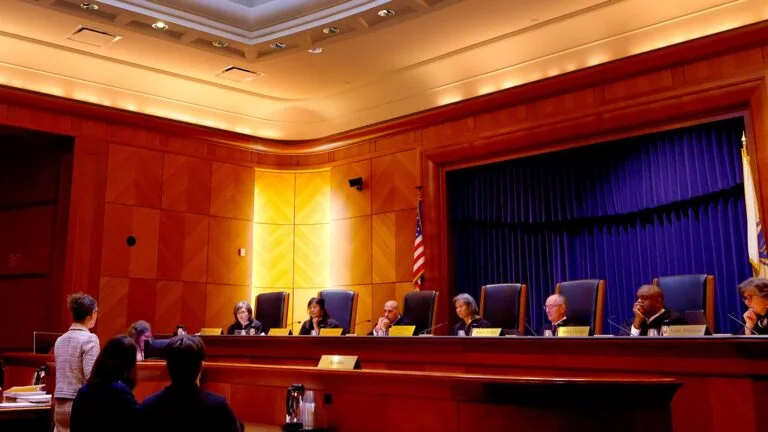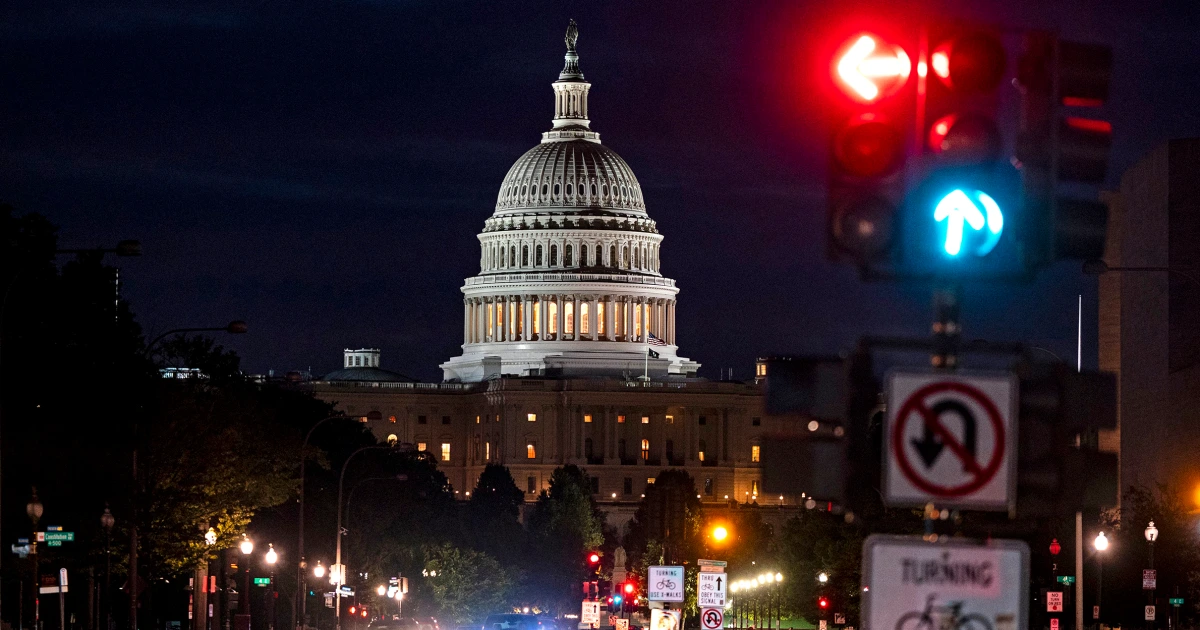Copyright Boston.com

While a modest pay raise eased the crisis somewhat, more than 900 defendants are still without representation. Back in May, public defenders in Massachusetts initiated a work stoppage in hopes of getting the Legislature to increase their hourly pay. Defendants were released from jail because they lacked representation, and charges were dropped against some defendants in special hearings. Many involved described the situation as a “crisis.” In August, state lawmakers approved a modest pay raise for these private, court-appointed attorneys in the hopes that it would incentivize many of them to begin taking cases again and ease the work stoppage. Although the number of unrepresented defendants has dropped, the crisis remains. Now, the state’s highest court is set to weigh in. On one side, defense attorney groups are hoping the Supreme Judicial Court will exert power over the Legislature to raise pay rates to a level that would be more acceptable to the public defenders. On the other side, the state trial court system itself and the Suffolk County District Attorney’s Office are arguing that such an action would violate the separation of powers. The seven justices on the SJC heard oral arguments Wednesday and took the case under advisement. While a decision could take months, several justices did express hesitancy about intervening, The Boston Globe reported. The public defenders, known as bar advocates, are private contractors that usually handle about 80% of the cases concerning poor criminal defendants in Massachusetts. Staff from the state Committee for Public Counsel Services cover the rest. The state has an unusually high reliance on bar advocates, the Globe has reported, meaning that they have significant leverage. At the same time, they made less per hour than colleagues in other nearby states. Once the bar advocates began their work stoppage, which is centered in Suffolk and Middlesex counties, public defenders from the CPCS were overwhelmed. A single justice of the SJC implemented an emergency protocol that was established the last time bar advocates initiated a work stoppage. Under the protocol, people without attorneys were ordered to be released after being held for more than seven days. Those that went 45 days without representation had their cases dismissed without prejudice, which means that the cases could be reopened in the future. This situation is different from a union negotiation, in that there is no binding process that could immediately compel all the bar advocates to return to work. Instead, they will need to be persuaded to take cases again. The bill approved by lawmakers and signed by Gov. Maura Healey in August increased the hourly rate for bar advocates by $20 an hour over two years, which represented a 30% increase. It also included money to double the number of attorneys who work for the CPCS. So far, the number of unrepresented defendants peaked over the summer with more than 3,000 at one time. This week, there are still more than 900 people without representation, Rebecca Jacobstein, a lawyer with the CPCS, told the SJC justices. Legislative action has improved the situation, Jacobstein said, but it has not solved the problem. The CPCS argued that the SJC has an obligation to protect the right to counsel by ordering increased compensation rates. The government is failing to meet its constitutional obligations, a state of affairs that Jacobstein described as “disgraceful and intolerable” in a brief filed before the SJC. “The trial courts cannot function under an indefinite state of emergency. Everybody knows that the only solution is to raise the rates,” she wrote. Arguing on the trial court system’s behalf, Assistant Attorney General Marina Pullerits wrote in a brief that actions from the SJC to raise bar advocate pay would “upset the delicate balance that exists among the branches of government.” “The power of the purse is the quintessential legislative power, and judicial ratesetting would impermissibly interfere with that core legislative power,” Pullerits wrote. Justice Scott Kafker expressed hesitation about meddling in the Legislature’s budget-making process. “The Legislature’s got a lot of competing problems. It’s got [homelessness], it’s got [hunger], it’s got people without health care,” he said during oral arguments Wednesday. “They’ve got a lot of problems to solve. Do we really set a number in that environment?”



